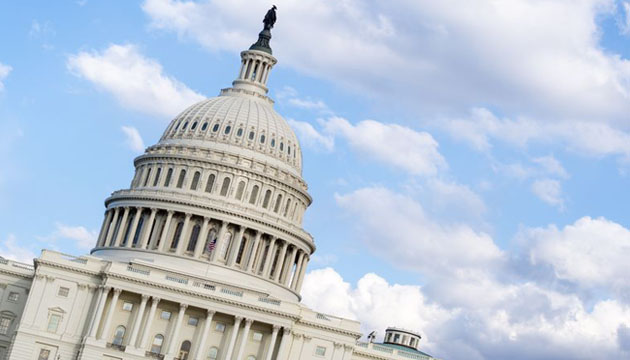Questions persist as to whether our representatives can actually manage the country’s business. But whose fault is that, really?
Quality & Economics
The question of quality runs far deeper than business. When quality fails at the societal level, we fail each other. Then the real danger is that we fail to govern efficiently and fairly.
I am deeply troubled by the increased pace of self-inflicted crises in our government and economy. We have been witness to one event after another during the last several years, each with seemingly greater levels of consequence and damage. Not surprisingly, this is all happening under the watchful eyes of two of the least productive congressional sessions in history.
Questions persist as to whether our representatives can actually manage the country’s business without wasting time, money, and even lives. From my perspective, it appears that our elected officials and policy makers prefer political theater to resolving problems.
Consider the so-called “sequester,” enacted as law at the start of 2013. It was another impasse; another political crisis. Congressional leaders and President Obama knew they had to do something, but ideology prevented them from doing something constructive.
The Sequester was a flawed policy that nearly everyone knew wouldn’t work. Many people who participated in the decision warned of consequential damages that could eventually increase the cost of operations and decrease the quality of services delivered. And some of those predictions have already been proven to be correct.
No business survives long making decisions in that way. From my perspective as a management consultant for more than twenty years, it is clear that our current government is focused on putting up barriers instead of tearing them down and creating opportunities.
When I train executives and managers, I teach the importance of listening. As a core competency of successful leadership, active listening brings organizational cohesion. It enriches social interaction and optimizes decision-making though mutual interests. When leaders want an organization to grow, they tear down barriers and look for opportunities. Why can’t we get our government to do the same? We can, but only if we demand it.
Yet, rather than ask representatives to enact such a change, I challenge each of us, as citizens and voters, to begin the process. After all, it is our duty to elect leaders to represent our interests. “We the people” empower the national agenda—we set the political priorities by what we think and what we believe.
More important, how can we ask our government to adopt a new standard for management if we are distracted by political theater? How can we ask for a new quality standard, if we are not willing to practice it ourselves?
I propose a “cause for quality” in which we see past the differences and build consensus. We don’t need a new party platform or a petition to achieve this goal. But we do need a dose of reality. If we stay on the path we are currently on, if “we the people” fail to change course, my fear is that the crises will only continue and our losses will only grow worse.
Granted, there are significant differences between running a country and running a company. When businesses fail to embrace quality, customers complain, and sales drop. If there are no changes, poor quality will lead to even more lost sales and the business may ultimately fail. However, companies can reorganize, re-invent, re-invest, and recover.
What happens when quality fails in government? The effects are invasive and long-lasting. When government leaders fail quality, economies falter, institutions fail, and individual futures are destroyed. The country can rebuild – we’ve done it before – but no one can replace personal suffering. Just think of the long recession we had to endure. Do you want to endure another?
The root cause of the current failure in Congress and the White House is our own—we lack a true understanding of what is going on and are not engaged in any significant way. To me, the threat of failure is clear and the answer obvious. We either build up and strengthen the very foundations of this great democracy, or leave things as they and allow the country to continue to erode. We must not tolerate another self-inflicted crisis.
To begin, we all need to stop playing the blame game. It’s not just your representative’s fault, the President’s fault, or the fault of anyone in government. It is our collective failure to recognize poor judgment. It is our fault for accepting poor quality decisions instead of demanding more from the process. The economic advancement of any nation depends on how its citizens practice quality. We are all shareholders in the United States of America. As such, we have the responsibility to participate and work toward meaningful change.



















